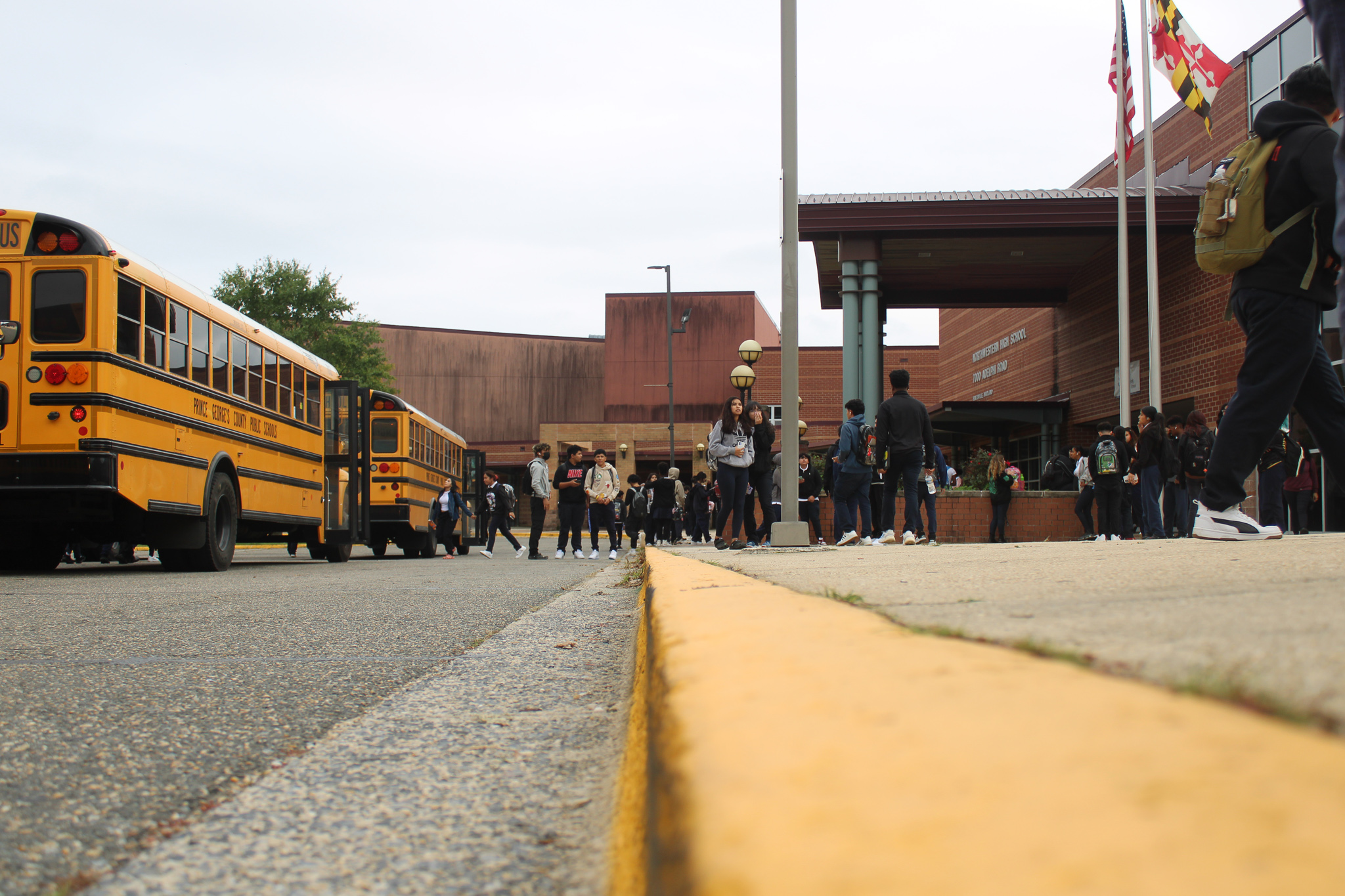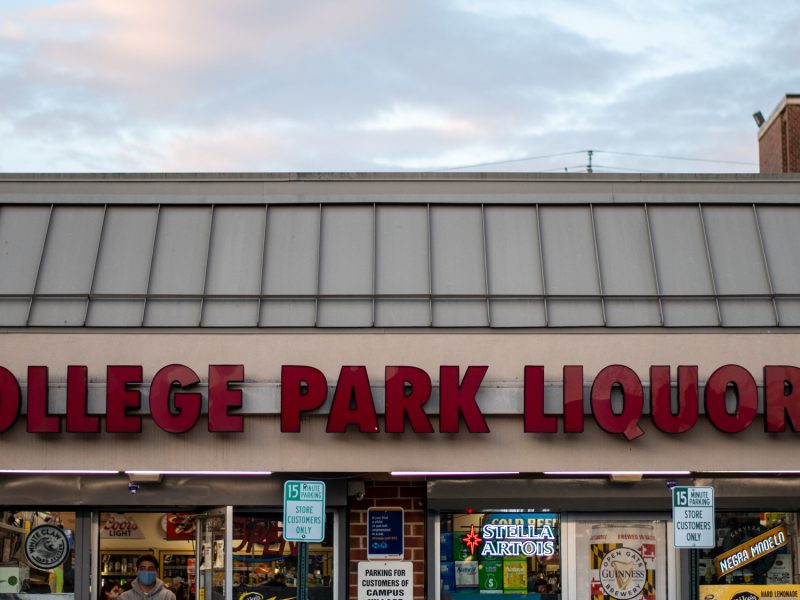After alleged wage theft and misclassification of construction workers during Phase I of the Prince George’s County Blueprint Schools Program, the county’s Board of Education voted Thursday to require a Project Labor Agreement as the county moves into Phase II of the project.
The county program aims to build six new public schools, including five middle schools and one K-8 school, to replace rundown and outdated schools.
In February, five individuals from Virginia who worked on the construction of Hyattsville Middle School filed a lawsuit against four construction companies claiming wage theft and misclassification of workers on the job.
A PLA would decide the conditions for construction workers through a collective bargaining agreement before they are hired, which decreases the chances of wage theft and increases the number of local union workers who could be placed on the project.
Raymond Clark, a member of the International Union of Painters and Allied Trades, emphasized the effect of PLAs on opportunities for county residents during his testimony at a board meeting on Sept. 21.
“Without Project Labor Agreements, our local county residents aren’t given a chance to have work opportunities while they are completing an apprenticeship program,” Clark said. “When a young person can live a meaningful life and sustain their families, it helps to lift all boats.”
[PGCPS community members call for school improvements, transparency during funding hearing]
The vote to move forward with Phase II of the project was supposed to take place last week. However, several board members felt they had not received enough information to vote on the motion. Instead, they decided to postpone the vote in favor of holding a special session this week to address the issue.
Not all county residents are in support of adding a PLA. Many parents submitted written testimony asking board members to vote to enter Phase II without an agreement because they were worried about delaying the project.
“This community deserves a new school, they have had no upgrades of significance since it was constructed, and it doesn’t reflect the special place it is,” wrote Julia Crooks, a parent of two children at Hyattsville Elementary School. “We have done the most we can as a community, but it needs substantial renovation done by a professional.”
At Thursday’s meeting, numerous concerned parents and elementary school students provided testimonials. Parents worried a PLA would delay the much-needed construction of these new schools.
The students, who attend Hyattsville Elementary School, talked about floods, the faulty HVAC system and overflowing sewage, all of which required students to shift from their classrooms.
Daniel Broder, a resident of Hyattsville, also testified about the possibility of losing the prospect of new schools at the meeting.
[Prince George’s County Council to revisit virtual voting rules after heated debate]
“Unless we pass this package as is without any amendments or [memoranda of understanding], there is a real danger that the developer can walk away from this project and we could leave eight new elementary schools on the table that could have been built,” Broder said.
The original motion was amended to include a PLA ahead of Thursday’s meeting.
Lamar Mutts, the council representative for the Eastern Atlantic States Regional Council for Carpenters, said that although he was advocating for a PLA requirement, the intention was never to hold up construction.
“We don’t want to be looked at as we’re trying to delay any progress,” Mutts said. “We just want better for the community, especially young men and women who want to get into trades.”
Steve Sinclair Jr., a carpenter with the Local 197 United Brotherhood of Carpenters, testified during the Sept. 21 board meeting. Sinclair lives in Prince George’s County and has one daughter who will enter public schools next year and another child on the way.
Sinclair supported a labor agreement because he believed it would benefit the families of the county.
“You got kids to come to school starving because their parents don’t have jobs.” Sinclair said. “This helps the community by helping the parents be able to take care of the kids.”



